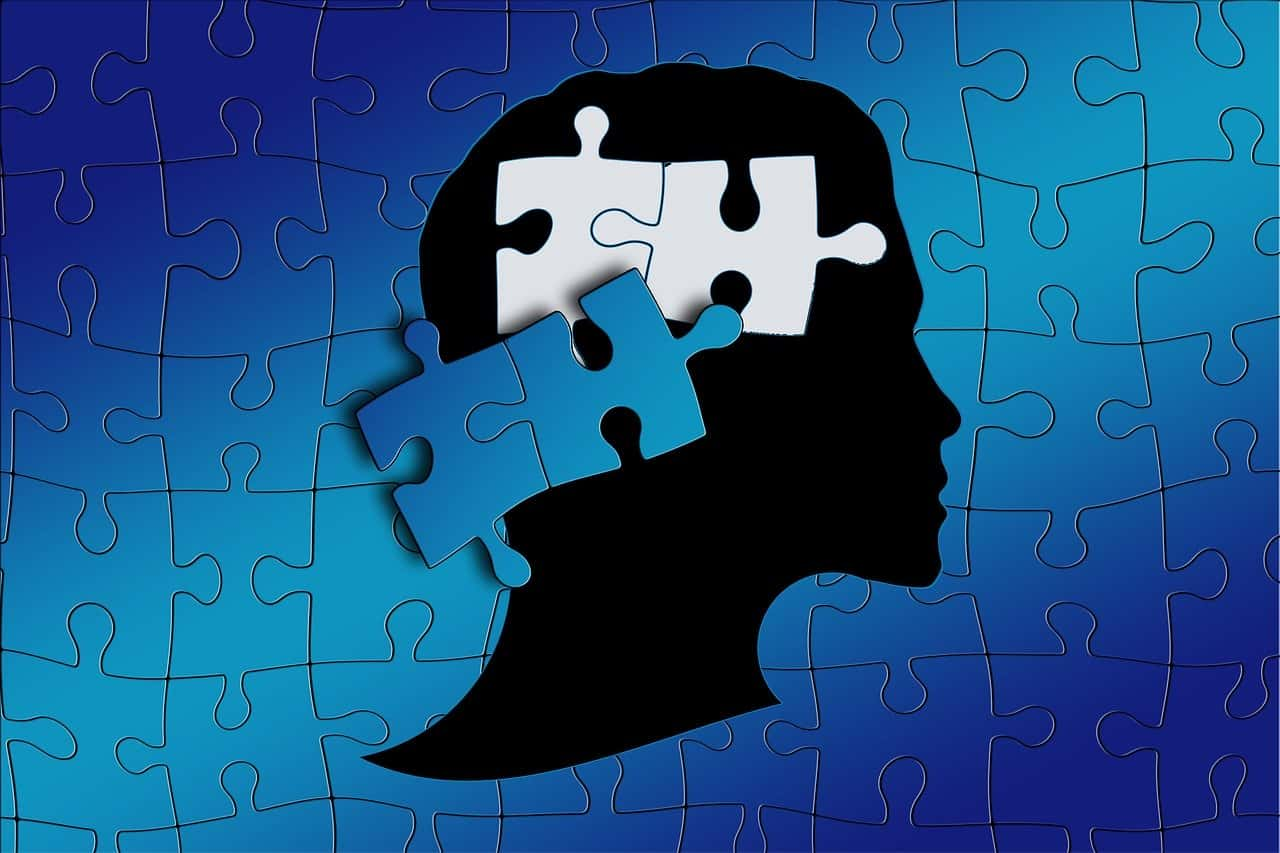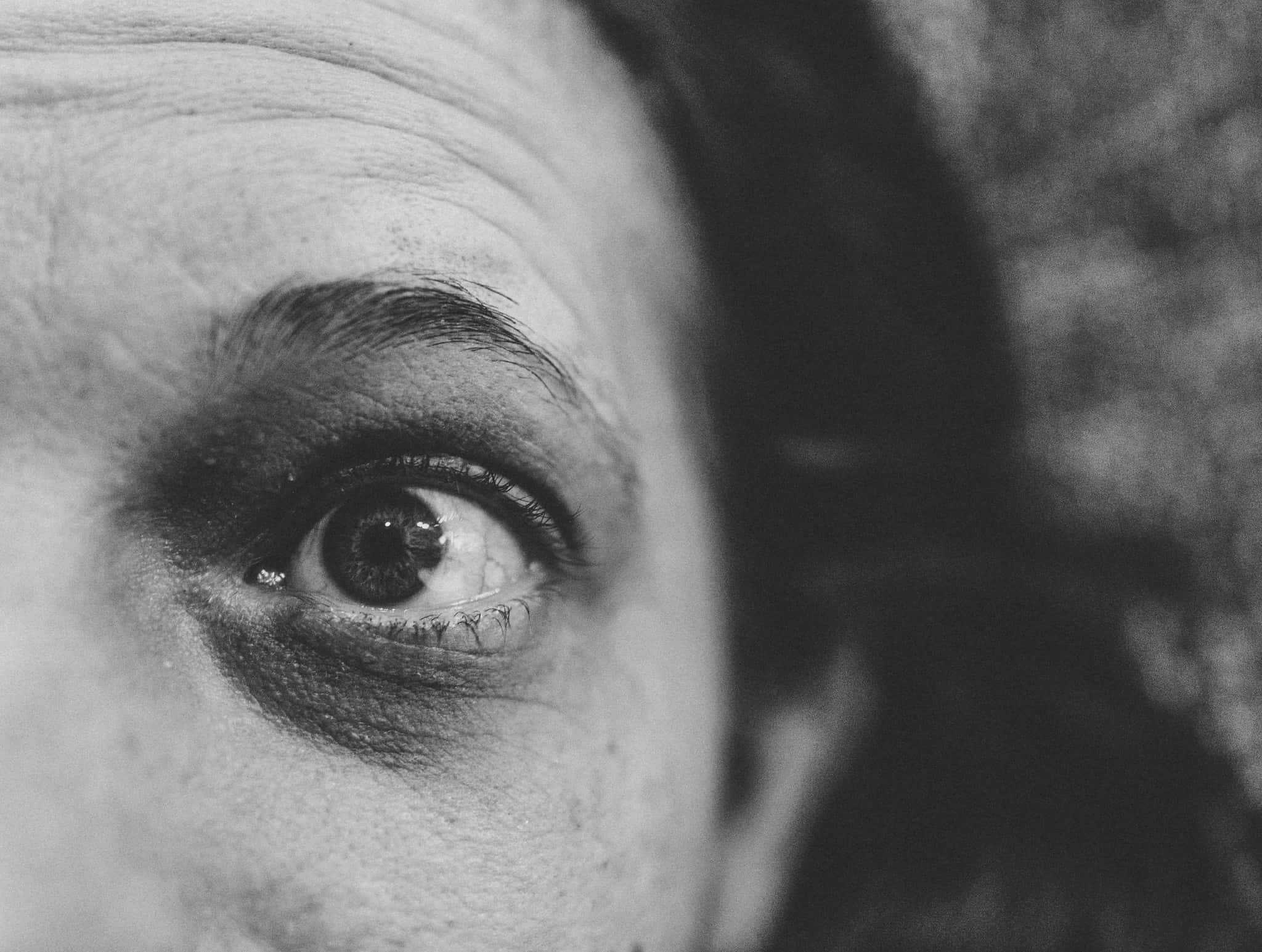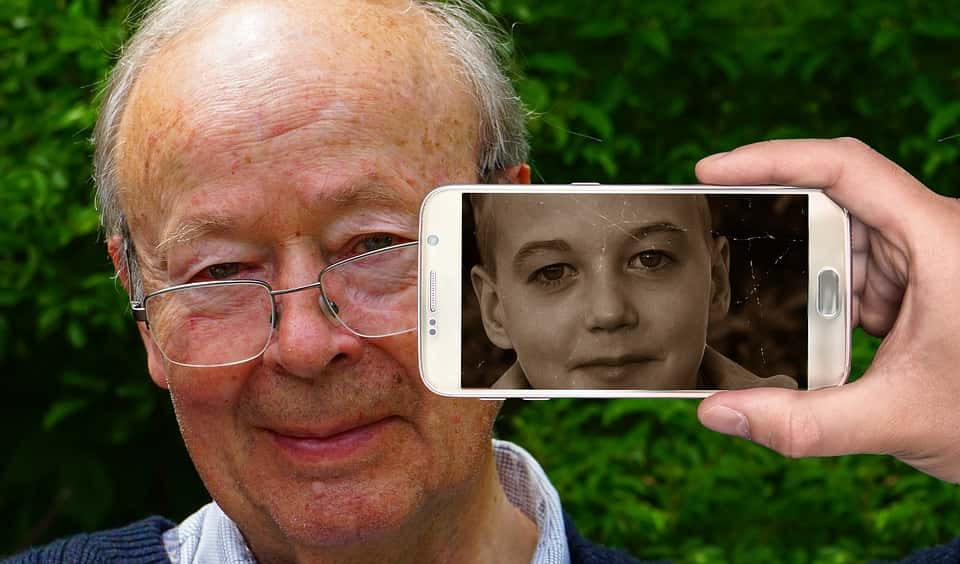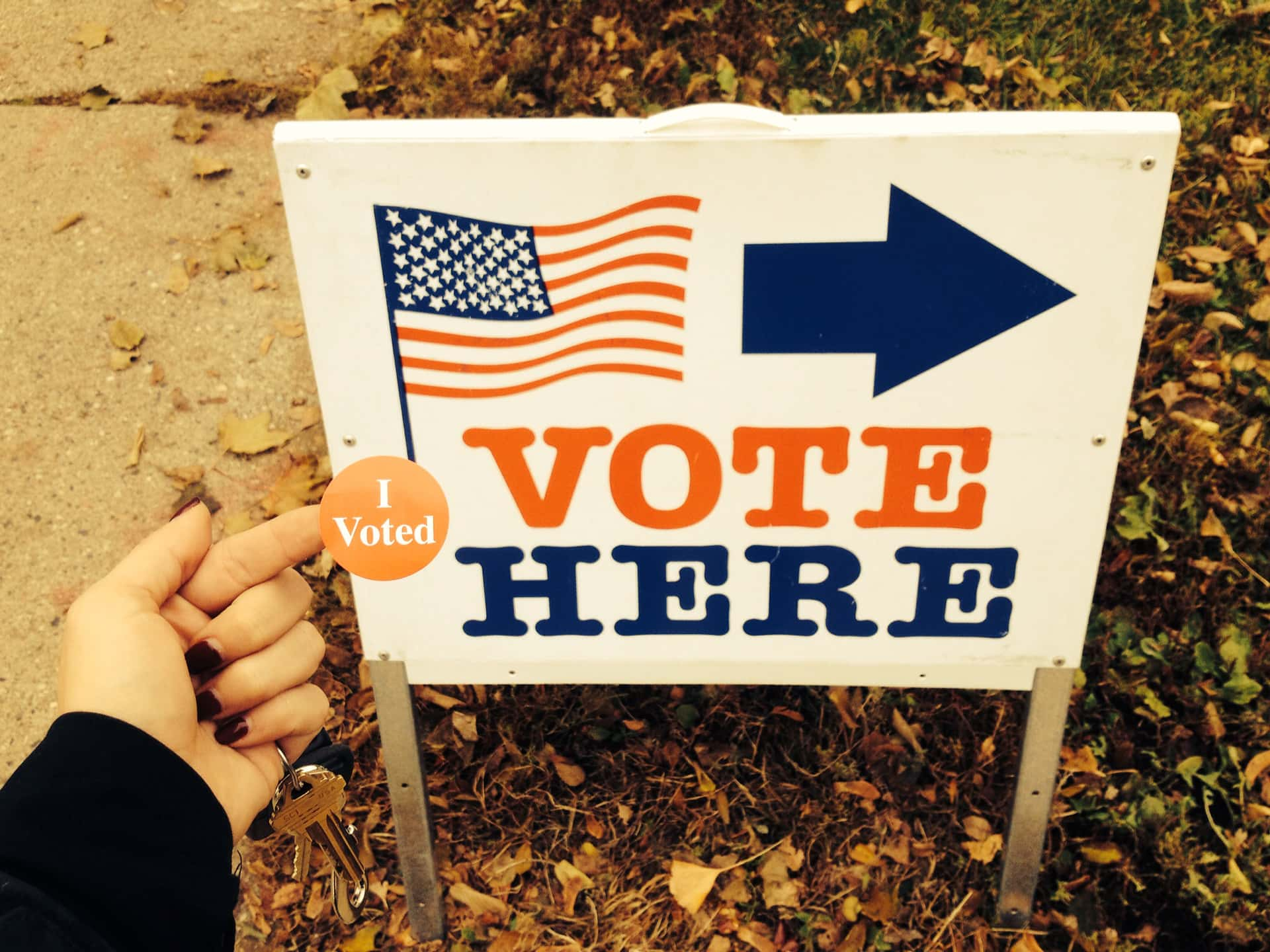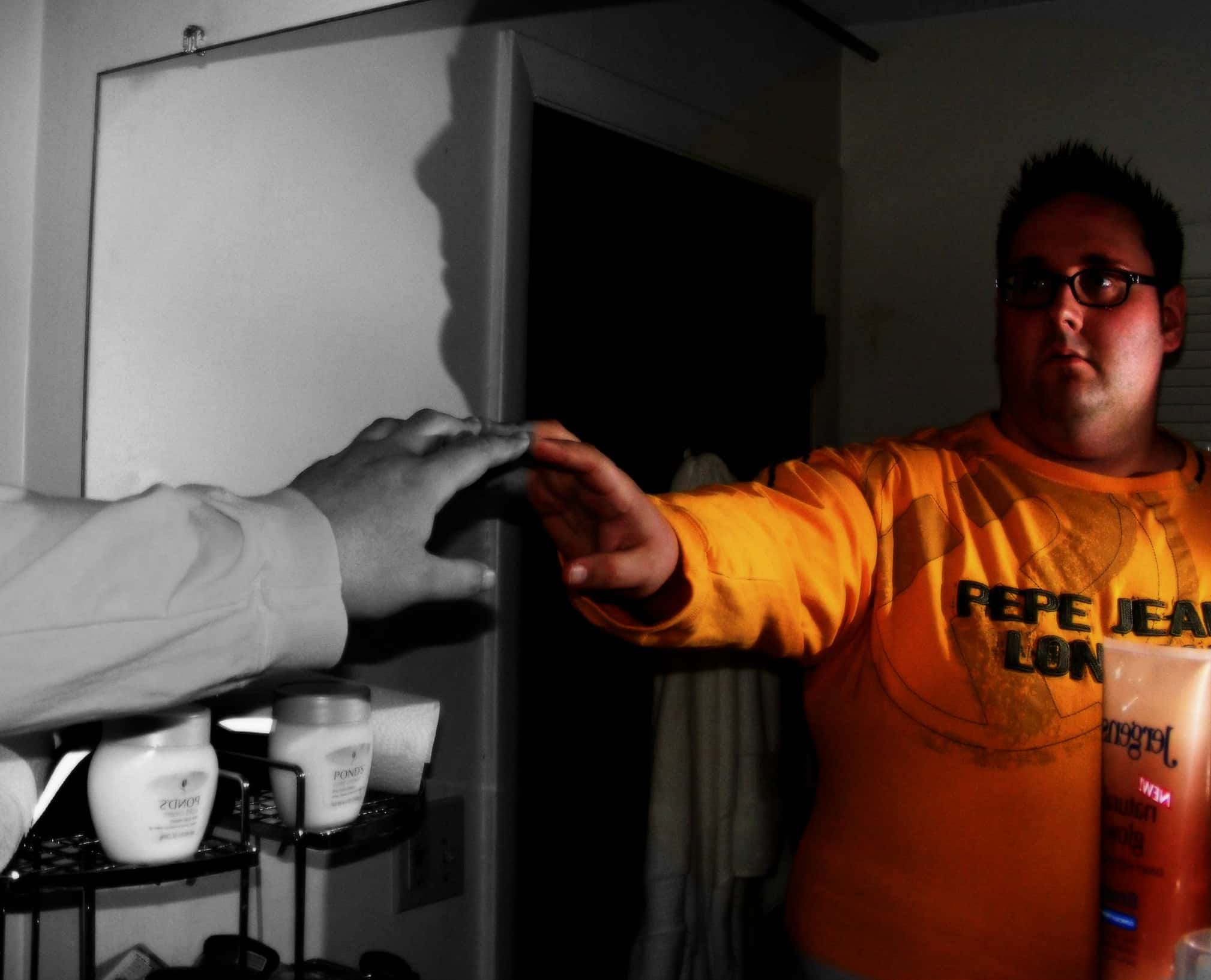Throughout history, humans have experienced something called psychological phenomena—tricks that your brain plays on you that are manifested in our behaviors and responses. You've likely heard of the placebo effect, where, despite being given a fake treatment, a patient's symptoms are greatly improved because of their belief in that treatment. Or maybe you've come across the bystander effect, which occurs when the presence of others discourages an individual from intervening in an emergency situation. The more people there are at an emergency situation, the less likely it is that any of them will help.
So why do our minds work this way? Some of the answers lay in the fascinating psychological phenomena that we know so little about. You've likely seen or maybe even experienced one yourself. These people share the most interesting psychological phenomena they've experienced—some will sound familiar, the others will blow your mind.
Don't forget to check the comment section below the article for more interesting stories!
#1 Too Much Like Us
We tend to hate people that have the same flaws and make the same mistakes as we do.
#2 Freezing in Fear
I'm amazed at the number of people who freeze in a disastrous situation like a sinking ship. People who survive tragedies like that always report that there's not nearly the amount of panic and confusion that you'd expect. A lot of people freeze in place and simply can't move, even as the water is rising around them. Families have been split up in situations like this, where two of them can move, but the other three can't.
#3 Judging Ourselves and Others
We judge ourselves by our intentions and others by their actions.
#4 Dream Surprises
How I can have a surprise in my dream. Like something will happen and I'll be confused about it, then someone will explain it by giving new information, and then it makes sense. But ALL of this is created by my own brain while I'm dreaming. How can I reveal new information to myself to explain something?
#5 The Placebo Effect
The placebo effect. The idea that belief in something can actually have a positive impact on the body just seems so crazy to me. It also helped me realize inversely why stress and anxiety can take such a toll on you.
#6 Playing
Playing. When two animals play with each other, they both communicate aggression. They show fangs and claws, they bite, they go for the neck, etc. Everything about it should communicate danger, but they never feel endangered, even when one animal accidentally hurts another. This happens even when animals are playing with animals they barely know. It blows my mind how the right context completely transforms all the communication between animals who play.
#7 Excitedness
If you get yourself to be really happy and excited to see other people, they will react the same to you. It doesn't always happen the first time, but it will definitely happen next time. Time and again this has always worked fine for me.
#8 Dissociative Disorders
Dissociative disorders. A dissociative disorder is a mental disorder that involve experiencing a disconnection and lack of continuity between thoughts, memories, surroundings, actions and identity. People with dissociative disorders escape reality in ways that are involuntary and unhealthy and cause problems with functioning in everyday life.
#9 Dreaming
Dreaming. Even though everyone does it, it's amazing that our minds create virtual realities for us nightly. If you can lucid dream, it can be more entertaining than any game technology has invented.
Sign Up For Our Newsletter
Stories that matter — delivered straight to your inbox.
#10 Our Words
The amount of words we use (and think in) changes how we act. People who speak Spanish are less likely to blame someone for dropping something, because the language is "the thing was dropped" rather than "you dropped the thing." Australian Aborigines have no words for left, right etc. Instead they use north, east, south, and west. As a result, they almost always know what direction they are facing, even inside buildings with no exterior view.
Deaf children in Africa using a made-up sign language had not developed signs for describing positioning (under, over, to the right of etc.) and when tested, they could not find a hidden object, even when they watched it be hidden. They couldn't tell themselves in their own minds where to look for it, and so they couldn't find it.
#11 Deja Vu
Deja vu. To have such a strong feeling that an instance has happened before is crazy, like you experienced it in the past or dreamed of it.
#12 Unconcious Mind
For me it is the unconscious mind and the fact that it accounts for the majority of our cognitive activity. I think it's interesting how we can simultaneously both know and not know things. It is also interesting (and perhaps even frightening) that we are not running the show to the extent that we think we are—at least not consciously.
#13 Denial
Denial. The many answers to evade the truth are very creative.
#14 The Gambler's Fallacy
The Gambler's Fallacy. Specifically, how the same series of events can lead to two different conclusions. Assume you have a perfectly fair coin; you toss it five times and get five heads. You then ask two people what they think the sixth toss will be. Person A thinks that heads is obviously on a roll, so he bets on heads. Person B thinks that heads has happened too many times, which means that tails has to come up, so he bets on tails. They're both wrong: the odds of the sixth throw remain the same, regardless of what happened in the past.
#15 The Prospect Theory
The Prospect Theory. The idea that people perceive gain and loss unequally, where a loss has about twice as much impact on a person as a gain of same amount. People will take unnecessary risks to avoid loss.
[Deleted]
#16 The Monkeysphere
The Monkeysphere. Simply put, how your brain has evolved to have an upper limit on the number of people you can conceptualize as people. After which they just become "people" and are then clumped into groups. The perception of which can be warped drastically by hearsay, the media, your own bias, etc. Which goes a very long way to explain why many things in human society are the way they are.
#17 Favorites
Why do people have favorites? Like a favorite color or a favorite flower?
#18 Childhood Amnesia
Childhood amnesia. The fact that up until a certain point, you don't remember things. My first memory isn't until I was six years old. My wife's is when she was two. Hers seems to be emotionally based. So they're sparse and fleeting. Mine are like I just suddenly had a switch flipped, and there I was.
#19 Take This
If you're talking to someone intently and you hand them something, more often than not they'll take it. Doesn't matter if it's a book, a pen, or an orange. I have no idea what the phenomenon is called or if it's even psychological, but it's made for some great pranks.
#20 Major Depressive Disorder
Folks with Major Depressive Disorder (MDD) are actually way more likely than their peers to misidentify and selectively focus on emotional responses from other people. They have a much higher risk of misperceiving neutral faces as negative, and for missing facial cues that indicate positive information. At the same time, folks with MDD are also much better at noticing negative facial emotion indicators. Similarly, people with anxiety disorders tend to be much more likely to see neutral faces as angry.
#21 Paris Syndrome
Paris Syndrome. When Japanese tourists go to Paris, they see how different the city is from how they pictured it and have crippling panic attacks.
#22 Cognitive Dissonance
Cognitive dissonance. If our actions don’t match up with our opinions, beliefs, wishes, etc., something will give and either our actions will change or our mindset will. It doesn’t sound very interesting until you use this to “hack” your life in a sense. Ever heard of the law of attraction? It’s kind of like this: The law of attraction claims that if you want something, just pretend like you already have it. Envision that you have it and you live it. Want to lose weight? Envision you at your ideal weight every night.
#23 The Bystander Effect
The bystander effect. Everyone thinks they would help if something happens, but the effect says that the more people there are, the less someone is going to help.
#24 Phantom Limb Syndrome
"Phantom limb syndrome, the ability to feel sensations and even pain in a limb or limbs that no longer exist. Phantom limb syndrome is characterized by both nonpainful and painful sensations. Nonpainful sensations can be divided into the perception of movement and the perception of external sensations (exteroception), including touch, temperature, pressure, vibration, and itch. Pain sensations range from burning and shooting pains to feelings of tingling “pins and needles.” While phantom limb syndrome occurs only in amputees, phantom sensations may be perceived in people who have survived strokes but lost function of certain body parts or who have spinal cord injury or peripheral nerve injury."
#25 Synthesia
Synesthesia. This happens when you experience one sensory stimulus and it triggers another. For example, you hear a splash and think of the color blue. I get this quite vividly with tastes. If I see a plastic fork, I always taste ketchup for some reason.
#26 Schizophrenia
The effect of a person’s environment, expectations, and upbringing on schizophrenia. Specifically, schizophrenics that hear voices and hallucinate. In a lot of societies, these voices are usually aggressive, dark, and cruel. Calling names and undermining them. In others, usually more spiritual societies, the voices are calm, benevolent, and actively trying to help the listener.
It is thought that this is the result of how those societies see the schizophrenic. In most, it’s seen as a horrible mental disease and even dangerous. This stigma gives the person involved a negative view off their mental condition, and causes them to internally demonize it. And exactly that creates the evil voices: they believe it is negative so it becomes more negative. After all, the voices are a figment of their own imagination.
In some cultures, schizophrenics aren’t labelled that, but are seen as shamans or priests, or a gifted person with a strong spiritual connection. The voices are interpreted as guides, deceased ancestors, or even God. They don’t perceive it as an evil, so the voices do not become evil. The person hearing them doesn’t suffer that much from it.
#27 Cotard Delusion
Cotard delusion, or walking corpse syndrome, where the sufferer genuinely believes that they are dead, don’t exist, or have no internal organs. It's absolutely crazy. I can’t imagine what it feels like walking around feeling genuinely dead.
#28 Sports Fans
How fans of opposing teams (from the same country) can hate each other with such passion. It's a hate that boils over to reasons completely unrelated to the teams or the sport itself. Furthermore, when the fan’s team wins, the fan translates the team’s success into personal gain, most often taking on a smug attitude. Head down to the Ole Miss versus Mississippi State game this year and see for yourself.
#29 Folie a Deux
Folie a deux: That two people can have the same shared psychosis, or better yet hallucinations, is just insane. As a psych major, this one gets me.
#30 The Call of the Void
I find the "The Call of the Void" an interesting phenomenon. It's that feeling you get when you stand in a high place and subconsciously think, "I could totally jump off right now," but you don't really want to and you don't actually jump. I experienced this multiple times on my most recent trip to Europe.
#31 Cute Aggression
Cute aggression. I always thought the link between cuteness and violent urges was ironic. Every time you see something extremely cute something in your brain says “I have to squeeze its little head off."
#32 Dissociative Fugues
Dissociative fugues. They're pretty rare, but the idea of the brain just shutting down and allowing for reversible amnesia is so fascinating. There are documented cases of people disappearing for years at a time and starting whole new lives and not remembering anything about their past.
#33 Mass Hysteria
Mass hysteria. The fact that our brains can cause us to have symptoms of something serious just because of rumors and fear is pretty crazy.
#34 Basic Decision Making
The irrationality of humans when it comes to some basic decision making. For example: Imagine you wanted to buy a nice pair of jeans so you go to the store and find a pair you really like. The price is $60. Before you buy it you check your phone and find out a store 15 minutes away has the same exact pair for $20. Would you make the drive and go get the cheaper pair? Most people say yes, they would.
Now imagine that you've saved up a bunch of cash and are going to go to the store for a nice refrigerator. You find the one you like for $2,440. Before you buy it, you find the same exact one 15 minutes away for $2,400. Assuming you couldn't price match, would you make the drive out for the cheaper one? Most people surveyed say no, they would not, despite being the same amount of savings.
Most people, when asked why they would drive out for one and not the other, cite the relative difference in price but this is an irrational behavior. A rational behavior would dictate that it shouldn't make a difference. Regardless of the relative savings, $40 extra in your pocket is $40 extra in your pocket and that's all that should matter to a rational being.
#35 Planning Fallacy
Planning fallacy. We always believe that things will take less time than they do, even when we've done this activity before. It's very strange to me.
#36 Arctic Hysteria
Pibloktoq or Arctic Hysteria which exists mostly among Inuit living in the arctic region. Sufferers often become agitated, shouting and tearing off their clothes before running naked in the freezing temperatures. This continues for hours until they collapse and sleep. They have recovered by the time they wake up and may not remember the event. Interestingly, this illness also affects sled dogs and non-Inuit people.
#37 Selective Attention
I've always been a big fan of the Selective Attention Test. It's a fairly simple experiment designed to test how well you pay attention to the world around you. If you're not familiar with it, give it a try on YouTube; it's a very short video.
#38 Influence of Psychology
Right now, how psychology influences elections and political affiliations. Some of it is really depressing, like name recognition or even how a candidate's last name has an effect on how people vote. I wish I still had the study but it found people liked to select simple last names. So Joe Smith will beat out John Jacob Jingleheimer Schmidt. Policy is irrelevant.
#39 Sleep Paralysis
Sleep paralysis is really interesting to me. I’ve read it could be linked to mental health and other factors.
#40 Locus of Control
Locus of Control (LOC). LOC is basically how you view control over your own life. People either have an internal LOC where they believe they have the power to control their own lives, or an external LOC where you believe everything in life comes from a source other than yourself. For example, I was fired because my boss hates me or I was late because of traffic). Now, what's interesting is that studies have shown people with an internal LOC find greater satisfaction and success in almost every aspect of life...except one: being in a nursing home. Nursing homes drive internal LOC people crazy while external LOC people thrive.
#41 Laughter
How laughter affects people. Laughter is basically the yin to stress's yang, which inspires me to make people laugh when I can as I don't know what they're going through. Laughter increases things like dopamine and can even help soothe physical pain sometimes.
#42 Stockholm Syndrome
Stockholm syndrome is pretty interesting. You probably all know what it is already but for anyone who doesn't. It's when a victim of kidnapping falls in love with their kidnapper and it's more common than you'd think.
#43 The Troxler Effect
The Troxler effect: A psychological phenomenon where if one is put into a dimly lit room, then look at their self in the mirror for an extended period of time, they will see things in the mirror, but only the mirror. It is caused by the human brain being able to only experience so little at a time. There are things you arent paying attention to and therefore don't experience.
For instance, your blinking pattern or how the air feels, your brain deems it irrelevant so it just cuts them off to process other stuff. When in the dimly lit room looking at the mirror, your brain deems things in the mirror irrelevant and just simply removes it from your sight. But it still has to put something there, but because it's irrelevant and doesn't know what to put there, it tries its best to fill in that void and in doing so, makes something weird happen.
I'm pretty sure there was an instance where someone tried this, and their mouth stretched out across their cheeks. The brain didn't know what to put on the cheeks because it was deemed irrelevant so it tried to fill the gap and failed. One of the most popular cases of this would be Bloody Mary.
This could also happen without a mirror. Have you ever been in your room and out of the corner of your eye, you see something looking at you? But when you focus on it, nothing is there. That would be the Troxler effect.
[Deleted]
#44 False Memories
False memories. How you can implant false memories in someone over time, and they believe they are real and their reactions are based on their own reality.
#45 The Baader-Meinhof Effect
The Baader-Meinhof effect, or frequency delusion. The phenomenon where something you recently learned suddenly appears everywhere.


